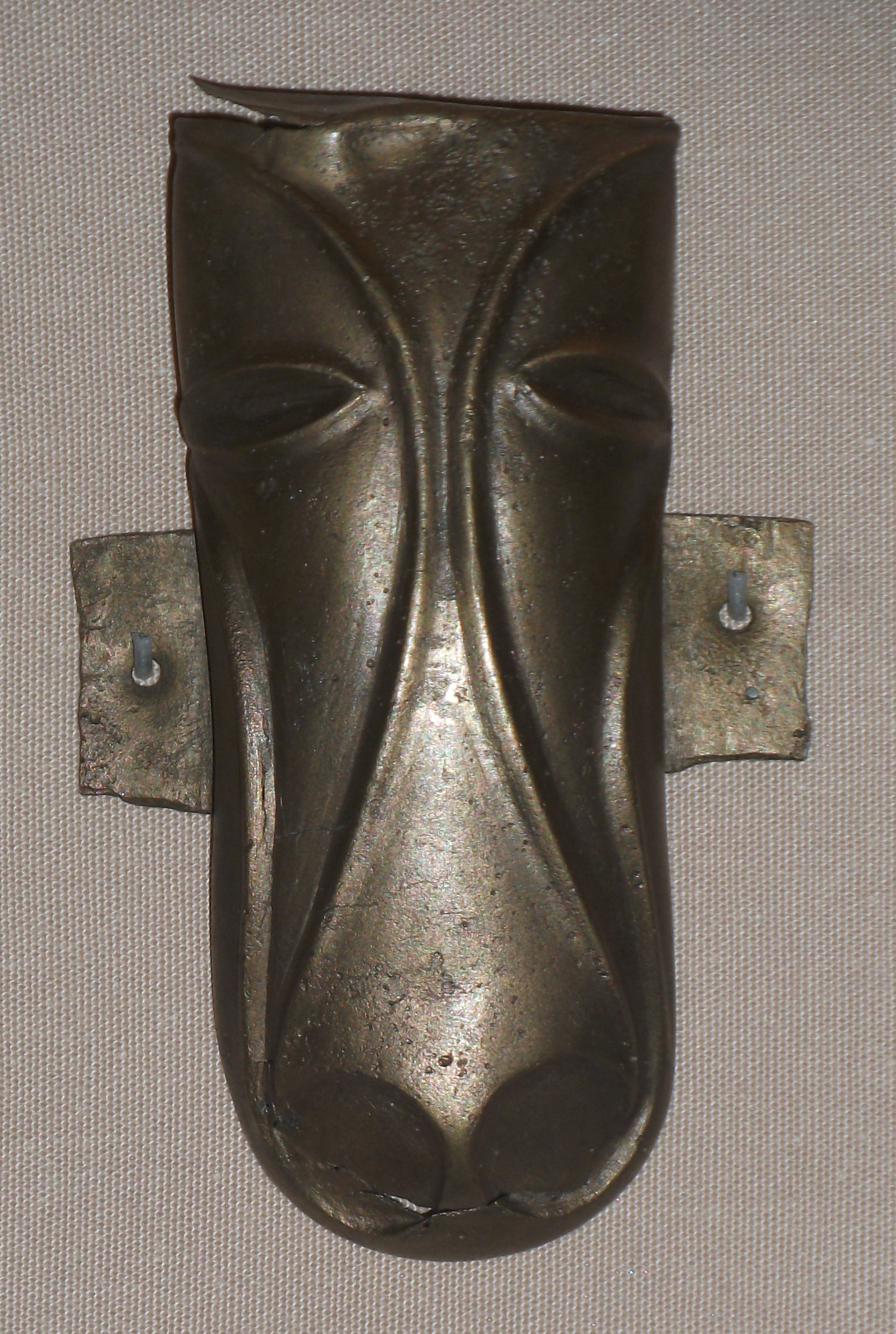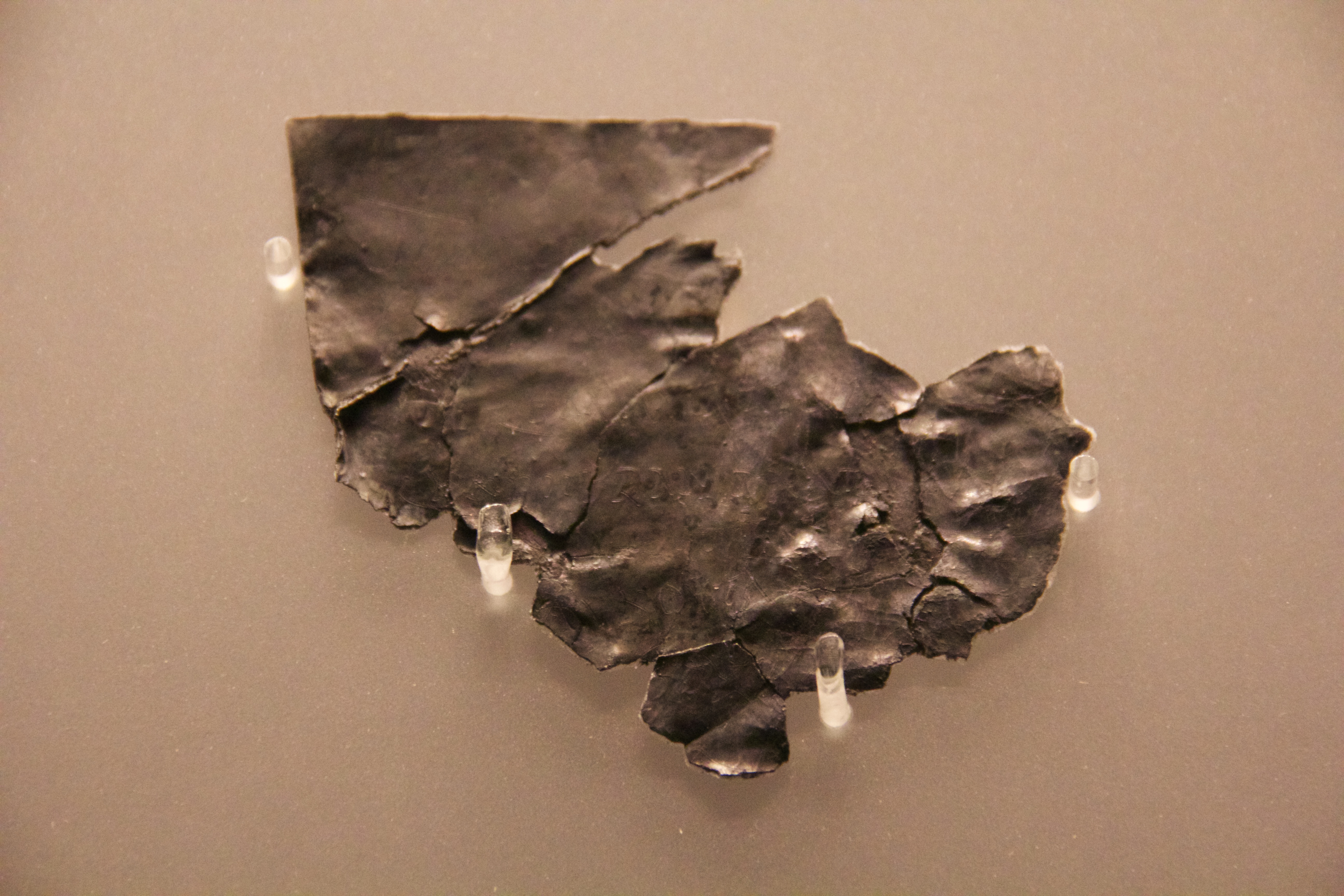|
Vellocatus
Vellocatus was a first-century king of the Brigantes tribe of northern Roman Britain, Britain. He was originally armour-bearer to Venutius, husband of Cartimandua, the queen of the Brigantes and an ally of Roman Empire, Rome. Some time after 51 AD Cartimandua split with Venutius, divorcing him and marrying Vellocatus and elevating him to kingship. Vellocatus appears to have been a member of the servant class, rather than a noble. According to Roman historian Tacitus "the royal house was immediately shaken by this disgraceful act", as many aristocrats would not accept a former servant as their king.Webster, Graham, ''Rome against Caratacus: The Roman Campaigns in Britain AD 48-58'', Batsford, London, 1993, p.90. The former king Venutius was able to gather followers, becoming an important figure in the resistance to Roman occupation. Venutius staged two revolts against Cartimandua, first in the mid-50s, which was defeated by the Romans, and again in 69, this time successfully. Car ... [...More Info...] [...Related Items...] OR: [Wikipedia] [Google] [Baidu] |
Cartimandua
Cartimandua or Cartismandua (reigned ) was a 1st-century queen of the Brigantes, a Celtic people living in what is now northern England. She is known through the writings of Roman historian Tacitus. She came to power during the time period that Rome was campaigning against Britain. She was widely influential during her reign. As ruler of the Brigantes, she united various British tribes that eventually surrendered their loyalty to Rome. Cartimandua is portrayed notoriously in Tacitus's account of her. She is recorded betraying the Celtic chieftain Caratacus, insincerely offering him sanctuary, but instead turning him in to the Romans in exchange for wealth. She also is recorded as having divorced her consort and replacing him with a common military man. She subsequently was engaged in extended military conflict with her ex-consort as he staged revolts against her multiple times, and she eventually lost to him. History Although Cartimandua is first mentioned by Tacitus in AD 5 ... [...More Info...] [...Related Items...] OR: [Wikipedia] [Google] [Baidu] |
Venutius
Venutius was a 1st-century king of the Brigantes in northern Britain at the time of the Roman conquest. Some have suggested he may have belonged to the Carvetii, a tribe that probably formed part of the Brigantes confederation. History first becomes aware of him as husband of Cartimandua, queen of the Brigantes, in about 51 AD. After the British resistance leader Caratacus was defeated by Publius Ostorius Scapula in Wales, he fled north to the Brigantes, only to be handed over to the Romans by Cartimandua. While the Brigantes were nominally an independent kingdom, Tacitus says Cartimandua and Venutius were loyal to Rome and "defended by Roman power". However, after the capture of Caratacus, Venutius became the most prominent leader of resistance to the Roman occupation. Cartimandua had apparently tired of him and married his armour-bearer, Vellocatus, whom she elevated to the kingship in Venutius's place. Initially, Venutius sought only to overthrow his ex-wife, only late ... [...More Info...] [...Related Items...] OR: [Wikipedia] [Google] [Baidu] |
Brigantes
The Brigantes were Ancient Britons who in pre-Roman times controlled the largest section of what would become Northern England. Their territory, often referred to as Brigantia, was centred in what was later known as Yorkshire. The Greek geographer Ptolemy named the Brigantes as a people in Ireland also, where they could be found around what is now counties Wexford, Kilkenny and Waterford, while another people named '' Brigantii'' is mentioned by Strabo as a sub-tribe of the Vindelici in the region of the Alps. Within Britain, the territory which the Brigantes inhabited was bordered by that of four other peoples: the Carvetii in the northwest, the Parisii to the east and, to the south, the Corieltauvi and the Cornovii. To the north was the territory of the Votadini, which straddled the present day border between England and Scotland. Etymology The name ( in Ancient Greek) shares the same Proto-Celtic root as the goddess Brigantia, meaning 'high, elevated', and it is ... [...More Info...] [...Related Items...] OR: [Wikipedia] [Google] [Baidu] |
Common Brittonic
Common Brittonic (; ; ), also known as British, Common Brythonic, or Proto-Brittonic, is a Celtic language historically spoken in Britain and Brittany from which evolved the later and modern Brittonic languages. It is a form of Insular Celtic, descended from Proto-Celtic, a theorized parent language that, by the first half of the first millennium BC, was diverging into separate dialects or languages. Pictish is linked, most probably as a sister language or a descendant branch. Evidence from early and modern Welsh shows that Common Brittonic was significantly influenced by Latin during the Roman period, especially in terms related to the church and Christianity. By the sixth century AD, the languages of the Celtic Britons were rapidly diverging into Neo-Brittonic: Welsh, Cumbric, Cornish, Breton, and possibly the Pictish language. Over the next three centuries, Brittonic was replaced by Scottish Gaelic in most of Scotland, and by Old English (from which descend M ... [...More Info...] [...Related Items...] OR: [Wikipedia] [Google] [Baidu] |
Roman Britain
Roman Britain was the territory that became the Roman province of ''Britannia'' after the Roman conquest of Britain, consisting of a large part of the island of Great Britain. The occupation lasted from AD 43 to AD 410. Julius Caesar invaded Britain in 55 and 54 BC as part of his Gallic Wars. According to Caesar, the Britons had been overrun or culturally assimilated by the Belgae during the British Iron Age and had been aiding Caesar's enemies. The Belgae were the only Celtic tribe to cross the sea into Britain, for to all other Celtic tribes this land was unknown. He received tribute, installed the friendly king Mandubracius over the Trinovantes, and returned to Gaul. Planned invasions under Augustus were called off in 34, 27, and 25 BC. In 40 AD, Caligula assembled 200,000 men at the Channel on the continent, only to have them gather seashells () according to Suetonius, perhaps as a symbolic gesture to proclaim Caligula's victory over th ... [...More Info...] [...Related Items...] OR: [Wikipedia] [Google] [Baidu] |
Roman Empire
The Roman Empire ruled the Mediterranean and much of Europe, Western Asia and North Africa. The Roman people, Romans conquered most of this during the Roman Republic, Republic, and it was ruled by emperors following Octavian's assumption of effective sole rule in 27 BC. The Western Roman Empire, western empire collapsed in 476 AD, but the Byzantine Empire, eastern empire lasted until the fall of Constantinople in 1453. By 100 BC, the city of Rome had expanded its rule from the Italian peninsula to most of the Mediterranean Sea, Mediterranean and beyond. However, it was severely destabilised by List of Roman civil wars and revolts, civil wars and political conflicts, which culminated in the Wars of Augustus, victory of Octavian over Mark Antony and Cleopatra at the Battle of Actium in 31 BC, and the subsequent conquest of the Ptolemaic Kingdom in Egypt. In 27 BC, the Roman Senate granted Octavian overarching military power () and the new title of ''Augustus (title), Augustus'' ... [...More Info...] [...Related Items...] OR: [Wikipedia] [Google] [Baidu] |
Tacitus
Publius Cornelius Tacitus, known simply as Tacitus ( , ; – ), was a Roman historian and politician. Tacitus is widely regarded as one of the greatest Roman historians by modern scholars. Tacitus’ two major historical works, ''Annals'' (Latin: ) and the ''Histories'' (Latin: ), originally formed a continuous narrative of the Roman Empire from the death of Augustus (14 AD) to the end of Domitian’s reign (96 AD). The surviving portions of the Annals focus on the reigns of Tiberius, Claudius, Nero, and those who reigned in the Year of the Four Emperors (69 AD). Tacitus's other writings discuss oratory (in dialogue format, see ), Germania (in ''De origine et situ Germanorum''), and the life of his father-in-law, Agricola (the general responsible for much of the Roman conquest of Britain), mainly focusing on his campaign in Britannia ('' De vita et moribus Iulii Agricolae''). Tacitus's ''Histories'' offers insights into Roman attitudes towards Jews, ... [...More Info...] [...Related Items...] OR: [Wikipedia] [Google] [Baidu] |
Histories (Tacitus)
''Histories'' () is a Roman historical chronicle by Tacitus. Written , its complete form covered , a period which includes the Year of Four Emperors following the downfall of Nero, as well as the period between the rise of the Flavian dynasty under Vespasian and the death of Domitian. However, the surviving portion of the work only reaches the year 70 and the very beginning of the reign of Vespasian. Together, the ''Histories'' and the '' Annals'' amounted to 30 books. Saint Jerome refers to these books explicitly, and about half of them have survived. Although scholars disagree on how to assign the books to each work, traditionally, fourteen are assigned to ''Histories'' and sixteen to the ''Annals''. Tacitus' friend Pliny the Younger referred to "your histories" when writing to Tacitus about the earlier work. By the time Tacitus had completed the ''Histories'', it covered Roman history from AD 69, following Nero's death, to AD 96, the end of Domitian's reign. The ''Anna ... [...More Info...] [...Related Items...] OR: [Wikipedia] [Google] [Baidu] |
Briton Monarchs
British people or Britons, also known colloquially as Brits, are the citizens of the United Kingdom, the British Overseas Territories, and the Crown dependencies.: British nationality law governs modern British citizenship and nationality, which can be acquired, for instance, by descent from British nationals. When used in a historical context, "British" or "Britons" can refer to the Ancient Britons, the Celtic-speaking inhabitants of Great Britain during the Iron Age, whose descendants formed the major part of the modern Welsh people, Cornish people, Bretons and considerable proportions of English people. It also refers to those British subjects born in parts of the former British Empire that are now independent countries who settled in the United Kingdom prior to 1973. Though early assertions of being British date from the Late Middle Ages, the Union of the Crowns in 1603 and the creation of the Kingdom of Great Britain in 1707 triggered a sense of British national identity ... [...More Info...] [...Related Items...] OR: [Wikipedia] [Google] [Baidu] |





